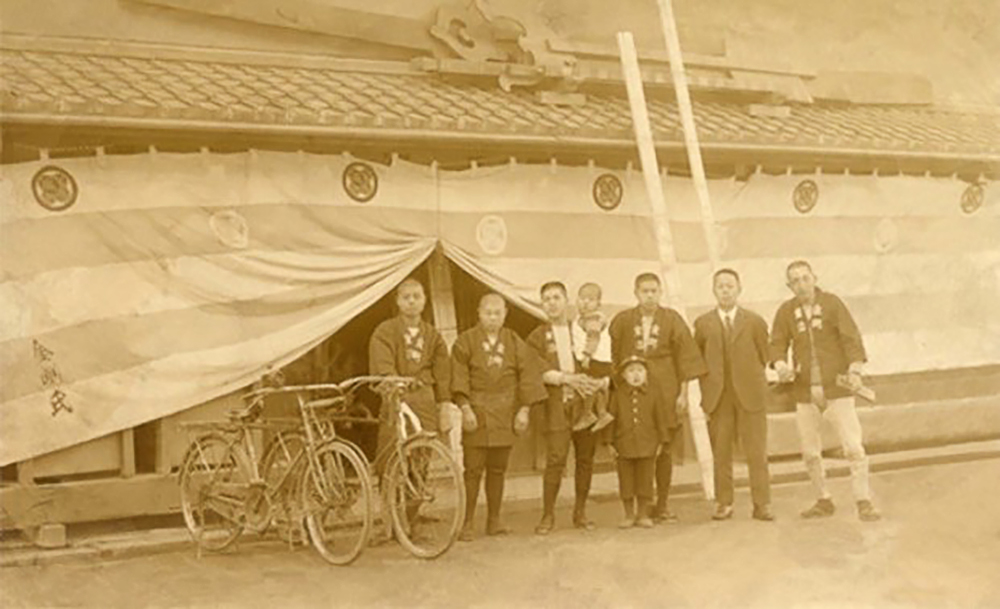@Fabius Maximus Thank you so much for your insightful commentary. Those are all good points.
As for dating, I was indeed referring to romance. I remember talking to a friend in college who said that they didn't really have dating in her culture, at least not in the sense that I'm used to. Instead, people just get married. So I suppose it's not too much of a stretch to apply that system worldwide. If society wanted to get rid of romance and eroticism entirely, I suppose that could happen if evolution had taken a different turn, or if romantic and sexual impulses were curbed using drugs, eugenics, and cybernetics. (The Giver used the first two, and quite possibly the third.)
As for the monarch-dictator distinction, you make a good point in that dictator has a pejorative connotation, implying injustice, and illegitimacy, while monarch is more rhetorically neutral. However, when I included it in the list, I wasn't really referring to the legitimate-illegitimate distinction, which is probably necessary for any society that doesn't intend to become a train wreck. I apologize for the confusion - I should have elaborated more, instead of just posting a list of words with no context. What I mean by the monarch-dictatorship distinction is something that parallels the religious-secular distinction. A "monarch" is not necessarily a legitimate ruler, but rather a particular kind of ruler whose claim to power rests on some sort of cultural or religious tradition. A monarch can be a dictator, a figurehead, or anywhere in between, but the non-dictatorial monarchs are usually the inheritors of an office that was once held by a dictator. The more I try to define the difference between an absolute monarch and a republican dictator, the more idiosyncratic the distinction seems, since any simple rule is likely to have exceptions. Perhaps a decent rule of thumb is the pretense of democracy. Republican dictators typically try to boost their legitimacy through rigged elections, parliaments full of yes-men, and propaganda about how they represent the will of the people. They may even claim that the dictatorship will exist only for the duration of the current emergency. A royal dictator, or absolute monarch, might still make use of these tactics, but is more likely to try to stabilize the realm by making pilgrimages, praying publicly, preaching about how you will go to hell if you don't obey, and most importantly, wearing fancy hats.
With that in mind, how plausible would it be for such a distinction to never arise, or to fade out of use? Did this distinction begin with the early Romans, and their contempt for the word "rex" because of its association with Tarquin the Proud and his regime? Or is it older than that?
I'd also like to hear people's thoughts on the questions about religion that I posted up above, if that's not too much trouble. Anyway, thanks to everyone who has contributed to this thread.



